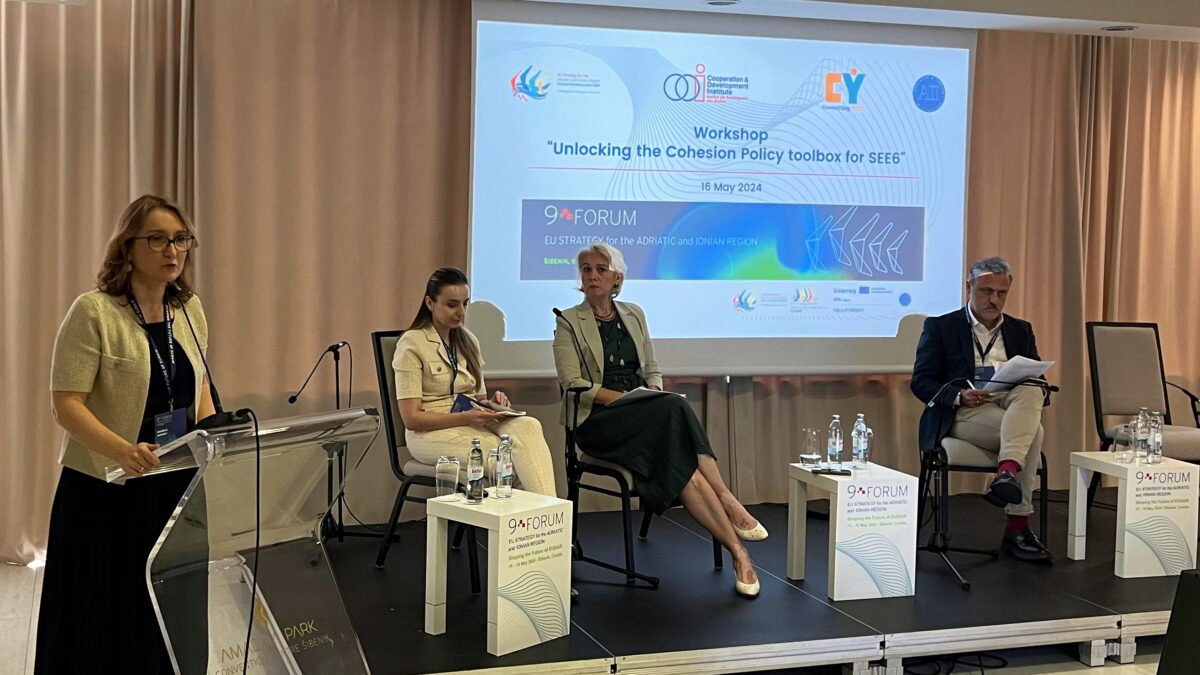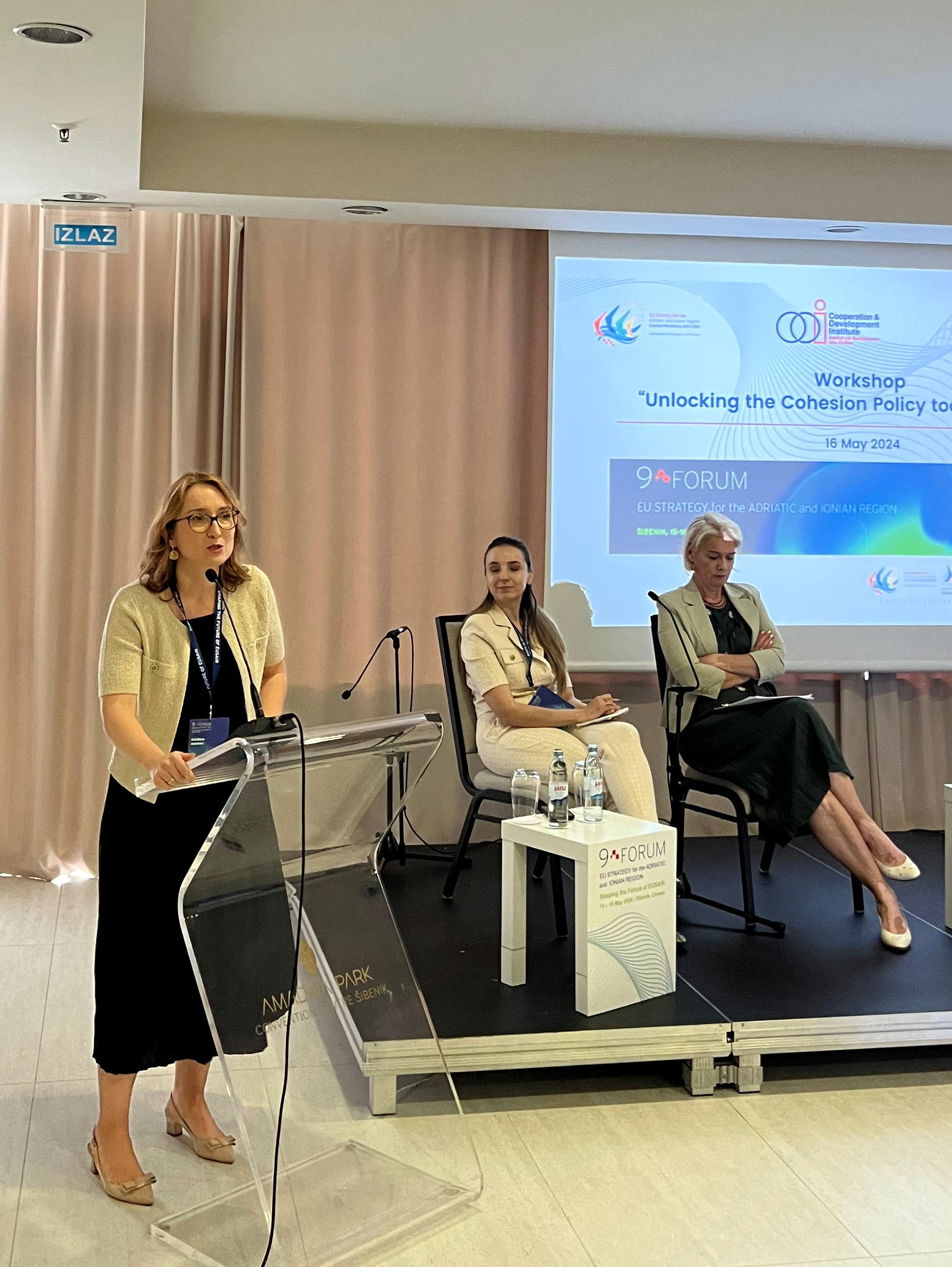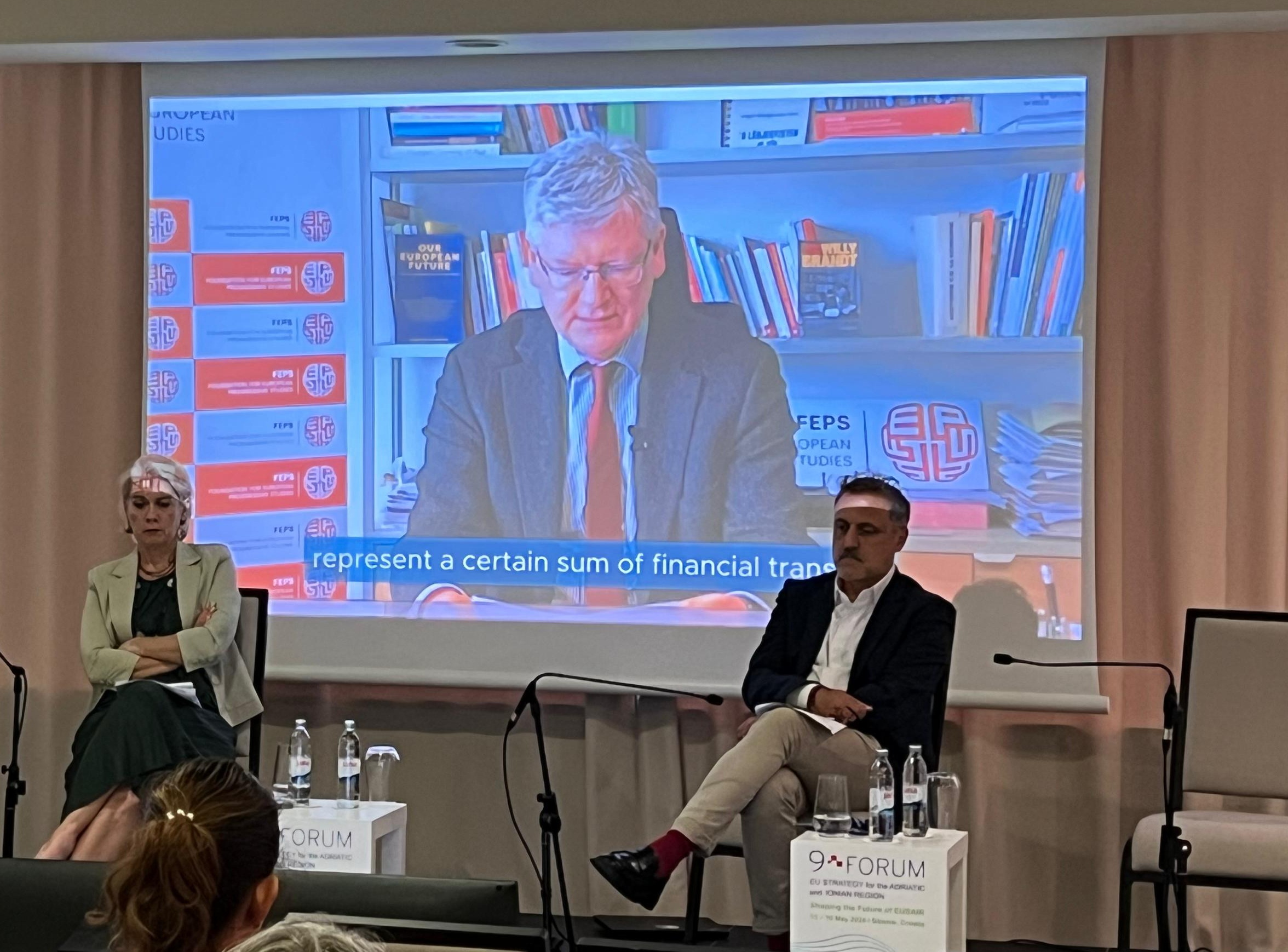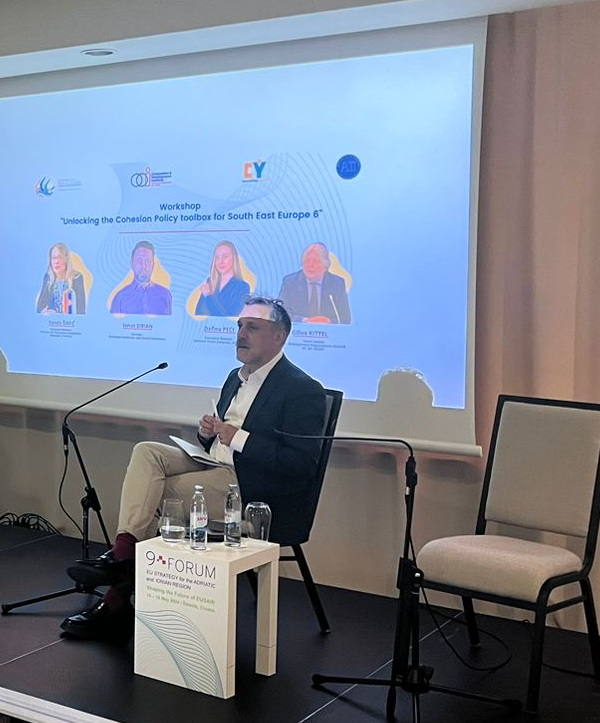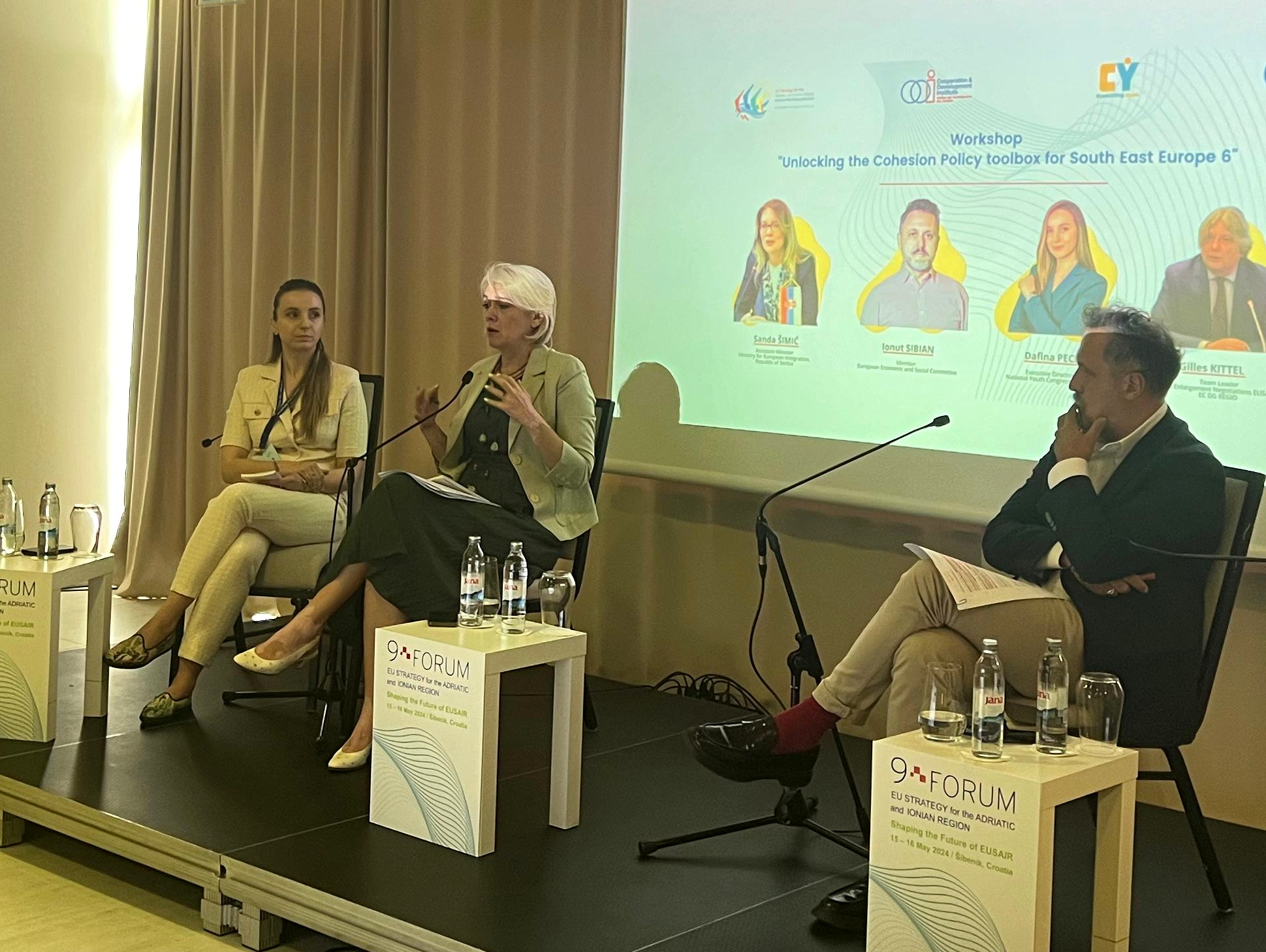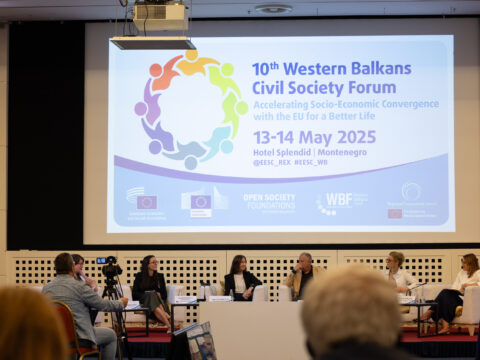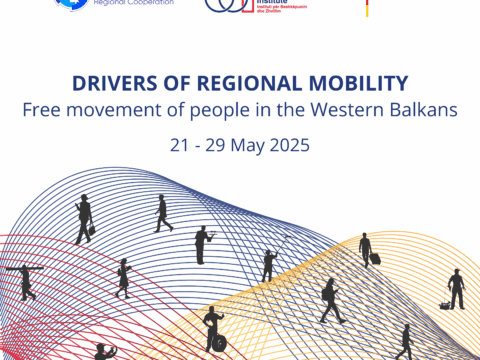16 May 2024
Unlocking the Cohesion Policy Toolbox for South East Europe 6
Despite the “European perspective” of the Western Balkans for over two decades, significant disparities persist compared to their EU neighboring countries, spanning from connectivity infrastructure, direct support systems, accountability, and meaningful youth participation in democratic processes. These challenges also relate to the governance, delivery mechanisms and funding modalities limitations of the EU’s Enlargement policy.
As the sectorial reflections on the future of the Cohesion policy, of the Single Market and in general the Pre-Enlargement policy reviews are alive and kicking, the EC President announced that future EU policies will be programmed with Enlargement in mind. But, how to better prepare for accession and the transition towards participating in EU programmes and instruments post-accession? Can the partnership principle be advanced in the SEE6 context? How should policy responses nurture and mobilize WB human capital, and pave the way for greater convergence? How can benefits of accession be frontloaded prior to formal EU membership?
To address those questions, CDI organized the “Unlocking the Cohesion Policy Toolbox for South East Europe 6” workshop, part of the 9th EUSAIR Annual Forum in Šibenik, Croatia.
The workshop was chaired by CDI Executive Director Krisela Hackaj. In her opening remarks, she underlined that in the current situation, the Enlargement policy it is not designed to achieve convergence and does not have the financial muscle for the development gaps of the WBs region, and as such, it cannot respond to geopolitical challenges. Ms. Hackaj called for “accession before membership” approach, to start with the next Multiannual Financial Framework. This would consist, among other, in (i) expanding access to EU policies toolbox and work with Line DGs that hold crucial expertise; (ii) reforming the delivery mechanisms of EU funding to WB6 and (iii) frontloading partnership principle in the EU-support for the WB.
During his keynote speech, Mr. László Andor, former EU Commissioner for Employment, Social Affairs & Inclusion and Member of the High-level Expert Group on the future of the Cohesion policy, underlined that the Cohesion Policy needs to meet the unique needs of each candidate country even before membership. “Moreover, to complement the limitations of the Enlargement Policy, the policy must focus not only on basic investment, but also on strengthening institutional capacities and civil society, which are crucial for effective public policies and sustainable development. Aligned to other EU instruments for the WB region, including the latest EUR 6 billion Growth Plan for the Western Balkans, Cohesion policy can further contribute to building better institutions, improving multi-level governance of candidate countries, and prepare them for EU membership requirements” he added. Mr. Andor’s Keynote Address can be viewed here.
Cohesion instruments play a vital role in driving social and economic progress, enabling various societal stakeholders to actively participate and benefit. Ms. Sanda ŠIMIĆ, Assistant Minister at the Serbian Ministry for European Integration, emphasized the importance of aligning different financial instruments and implementing reforms to ensure the inclusiveness of social actors. She highlighted the necessity of establishing financial support mechanisms similar to the Cohesion Policy, noting that current pre-accession instruments tend to be centralized and exclusive, therefore updates in procedures and administrative mindset aligned with the principles of Cohesion are needed. “To address this, – said Ms. Šimić– we are planning systems for managing Cohesion Policy, including training of administration personnel and regulatory frameworks aimed at preparing the administration for the Policy.”
The recently unveiled Growth Plan for the Western Balkans signifies a significant step towards integrating the region into the EU Single Market and fostering convergence. Mr. Ionut Sibian, Member of European Economic and Social Committee and Rapporteur of the EESC Opinion on the Growth Plan, highlighted EESC’s involvement in advising WBs governments on setting up monitoring committees and including civil society representatives in the execution of the Growth Plan Reform Facility- a collaborative approach that has improved fund absorption rates in the past.
The workshop also addressed complex challenges hindering youth cooperation in the Western Balkans, such as high unemployment rates, education disparities, and weak local governance. “Despite these challenges, youth in Albania and the region have advocated for structured engagement,” said Ms. Dafina Peci from the Albanian Youth Council. “Initiatives like such as Connecting Youth are pivotal in addressing the current deficit of information and engagement among young people about European instruments, but there is still a lot to achieve.”
Concluding remarks were given by Mr. Gilles Kittel, Team Leader at IPA, Enlargement Negotiations and EUSAIR at DG REGIO. He emphasized the clear intent to utilize Cohesion Policy in assisting future EU member states. While noting the impressive results of this policy in Eastern European countries, citing a GDP increase and a decrease in unemployment rates, he also highlighted a concerning trend of increasing divergence within countries, necessitating a reevaluation of the policy’s approach. “Many people are insisting to “territorialize” more the Cohesion Policy to address divergencies within countries. Therefore, we need to empower more the local authorities in the WBs to address internal disparities.” Mr. Kittel pointed out that IPA, as a centralized, top-down instrument, lacks the inherent logic of Cohesion Policy and needs to be complemented to effectively achieve its objectives.
A recording of the entire workshop is available here.



